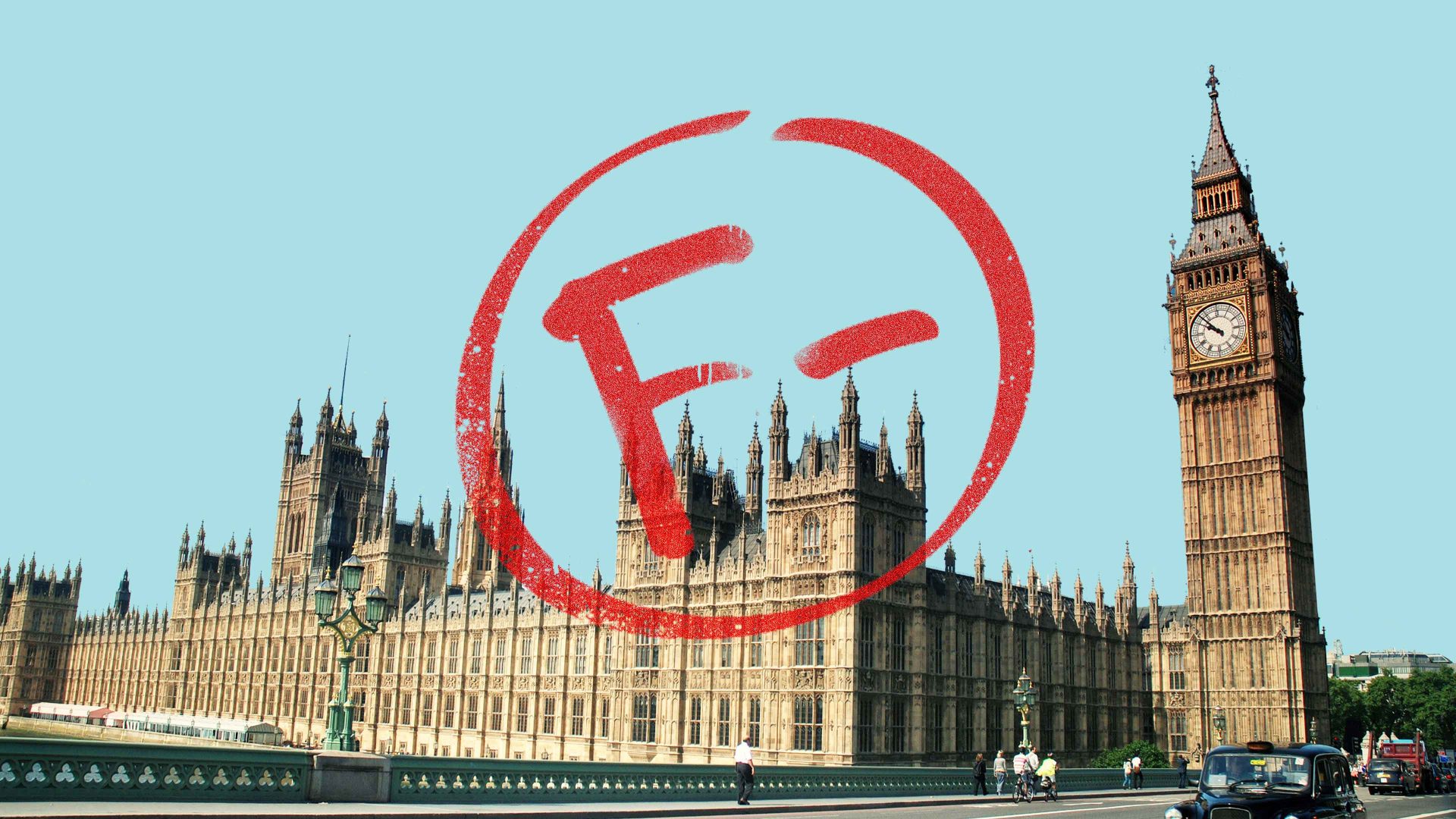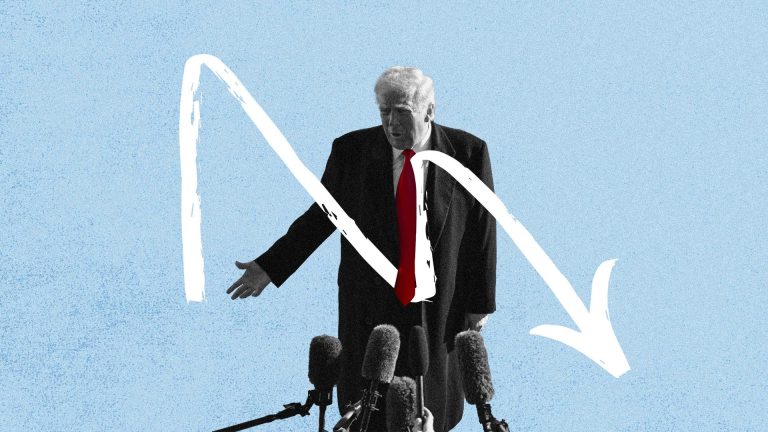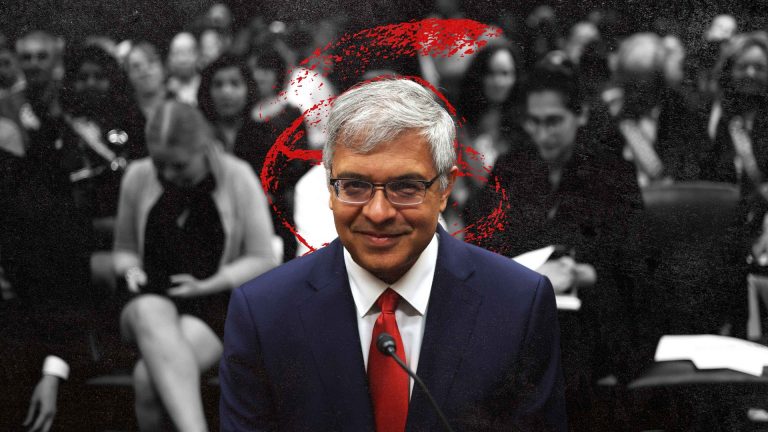Perhaps it is true that democracy is the worst form of government apart from all the others, but the version operating in the UK right now can’t even be the best way to run a croquet club, let alone a country.
A deluge of new legislation is being generated, much of it barely glimpsed and certainly not read by elected law-makers. In an age dominated by the internet and AI, the legislative process still requires people to physically troop through the lobbies of a crumbling palace to register their votes. The working hours are ludicrous and would be viewed as intolerable by any trade union.
Yet with such out-dated methods, the Westminster parliament attempts to pass laws that will deal with issues as diverse and technically complicated as data protection and space travel, as ethically complicated as abortion and assisted dying, and as arcane as the Animal Welfare (Import of Dogs, Cats and Ferrets) Bill.
In such circumstances, can it really be surprising if, on the core questions that are crucial to the future of the country, the UK is floundering? It is not alone in struggling to find an effective modus vivendi for the 21st century: blueprints for success are scarce. Readers of this magazine would probably not be strong advocates for the system that keeps Xi Jinping in charge of China, or that allows Vladimir Putin to maintain his steely grip on Russia.
Nevertheless, it would stretch credibility to argue that the UK’s institutions of government are working well. As the summer term comes to an end, the school report would be far worse than “could try harder”. Only a resounding “Failed” would sum up the result.
It would be simplistic to blame the country’s dire predicament on a new government with its largely inexperienced ministers, although that does contribute to the problems. The difficulties that government now faces have been building for decades, and the mechanisms for even beginning to address them are simply not up to the job.
There is some doubt as to whether Henry David Thoreau actually said “They govern best who govern least”, but, if the 19th century American philosopher did not use exactly those words, he would certainly have concurred with the sentiment. A succession of governments, of all political persuasions, seems to have believed the opposite, and added generously to the statute book. Much of the detail is left to be spelt out in regulations and, while major laws can go through the elected House of Commons with little scrutiny, the statutory instruments affecting the regulations are so little noticed, they could be inscribed in vanishing ink.
The unelected House of Lords does work hard at trying to improve the Bills that come its way, although it is prevented from tampering with “money Bills” as it is supposed to leave that sort of thing to MPs. Yet the parliamentary setup can mean that much of their effort is in vain, as the huge government majority in the Commons is often used to overturn any changes that the Lords have instituted. (Confession: I’m a member of that unelected chamber and know how hard many peers work but I would have to agree with those critics who say that there are far, far too many of us.)
Suggested Reading


Inquiries don’t work
Having around 150 votes more than all the other parties combined gives the current government extraordinary power in getting its own way, even though it only won 34 per cent of the votes at the general election. That imbalance has brought renewed attention on the electoral system, and the view that some sort of proportional representation would be an improvement. Such a change might reduce the weight of legislation – but, in the meantime, the current chancellor, Rachel Reeves, has found that it is her own party that has blocked her welfare cuts. As Winston Churchill once remarked, “The opposition occupies the benches in front of you, but the enemy sits behind you.”
The particular battle that Reeves lost was, in essence, over welfare provision. It is unlikely that 650 MPs would ever share exactly the same view on who deserves what level of support. Maybe it would make more sense for parliament to decide how much can be afforded for welfare, and then others to decide how the money should be allocated.
Taking politicians out of the intricacies of spending could go well beyond social security. Can it really make sense for a collection of ex-lawyers, lecturers and career politicians to shape the future of the health service, deciding for instance that local diagnostic centres are the future, or that massive regional hospitals are the only way forward? The more detail that parliament could delegate, the more time and attention it could devote to trying to construct a more effective economy.
Significant contributions to Britain’s economic growth might also come from devolving more to the regions. The feeling of alienation that seems to have enveloped much of the country, evidenced by the extraordinary surge in support for Nigel Farage and his Reform party, could in part be addressed by making people feel more empowered. Pushing decision-making and cash away from Westminster would help to achieve that.
Some of the new breed of regional mayors, notably the former MP, Andy Burnham, now the mayor of Manchester, are already demonstrating that they can be strong advocates for their areas and build a sense of civic pride that has gone missing in much of Britain.
Achieving any constitutional change in a country that delights in its long history, and in being the home of the mother of parliaments, will not be easy. But the need for change could not be clearer. Britain isn’t working; it needs some new mechanisms.











